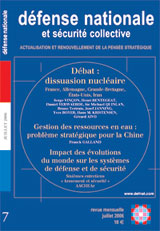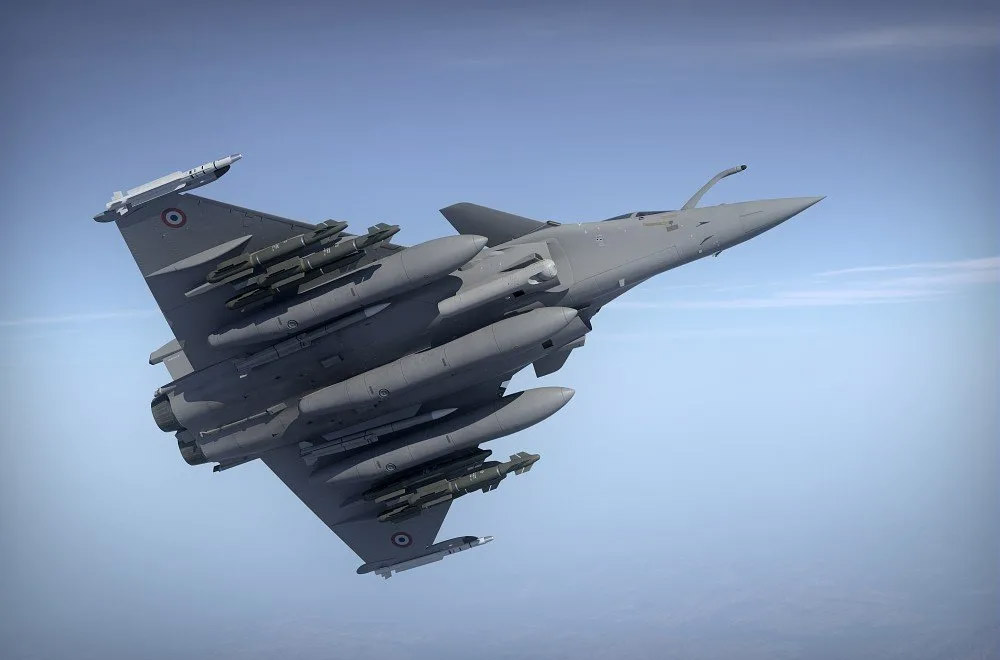Edition anglaise

July 2006 - n° 688
French Senate debate on nuclear deterrence (extracts) - Serge Vinçon, Henri Bentégeat, Michael Quinlan, Bruno Tertrais, Daniel Verwaerde
The Senate committee on foreign affairs, defence and the Armed Forces met at a round table session on 14 June 2006 to discuss French nuclear deterrence. Serge Vinçon presided the discussion, which covered three aspects of the subject: first, an analysis of the current and medium-term future strategic contexts and their consequences for the role of deterrence, and thus whether or not current doctrine is matched to current and future threats; second, the assets dedicated to deterrence, how well they reflect doctrine and how they fit in with other defence priorities; and finally an examination of Britain’s position within NATO along with future possibilities arising from closer European defence cooperation. Read more
Germany and the renewal of French nuclear strategy - Josef Janning
Jacques Chirac’s speech on l’Île Longue provoked a vigorous reaction in Germany, and has been perceived as a dangerous provocation in the context of the ongoing and difficult negotiations with Iran. However, Germany should accept its responsibilities in the field of nuclear armament, for the sake of the interdependence of the countries of Europe. Deterrence still has a fundamental role in international relations, and gives one country the power to influence another by preventing the use of force. In view of the setback of the French President’s intervention and German unease in security and defence matters, the European dimension must be given a special role in establishing and reinforcing a common strategy, indispensable in today’s world. Read more
The future of the British deterrent force - Yves Boyer
Of the permanent members of the UN Security Council, the United Kingdom has the smallest deterrent force, with fewer than 200 warheads and a single delivery system. Successive British governments’ policies for nuclear interdependence with the United States over the past 50 years have led to a growing technological dissymmetry with the Americans. This politico-strategic choice now considerably restricts Britain’s options for remaining a member of the club of nuclear powers into the future. Read more
US National Security Strategy and pre-emption - Hans M. Kristensen
According to a US National Security Strategy analysis conducted in 2006, pre-emption has evolved from concept into doctrine. The concept plan for Global Strike (CONPLAN 8022-02) will be maintained by the Joint Functional Component Command for Space and Global Strike (JFCC-SGS), which is planned to be fully operational from the autumn of 2006. CONPLAN 8022 includes nuclear weapons among the means available to destroy targets (the others, and more likely, being conventional, information warfare and special operations forces). Should deterrence fail, weapons must be ready to be put to use, be they nuclear or conventional. Read more








